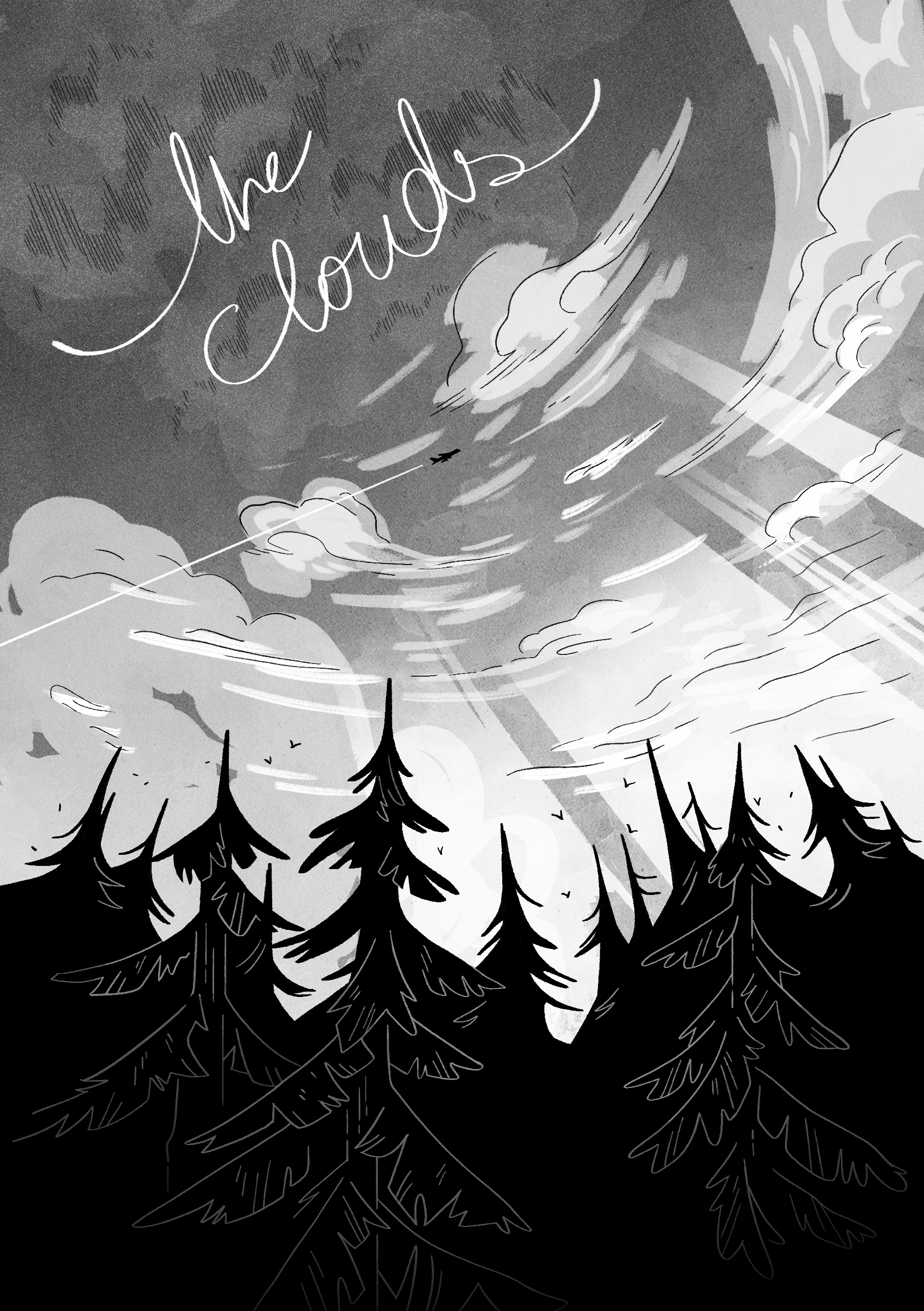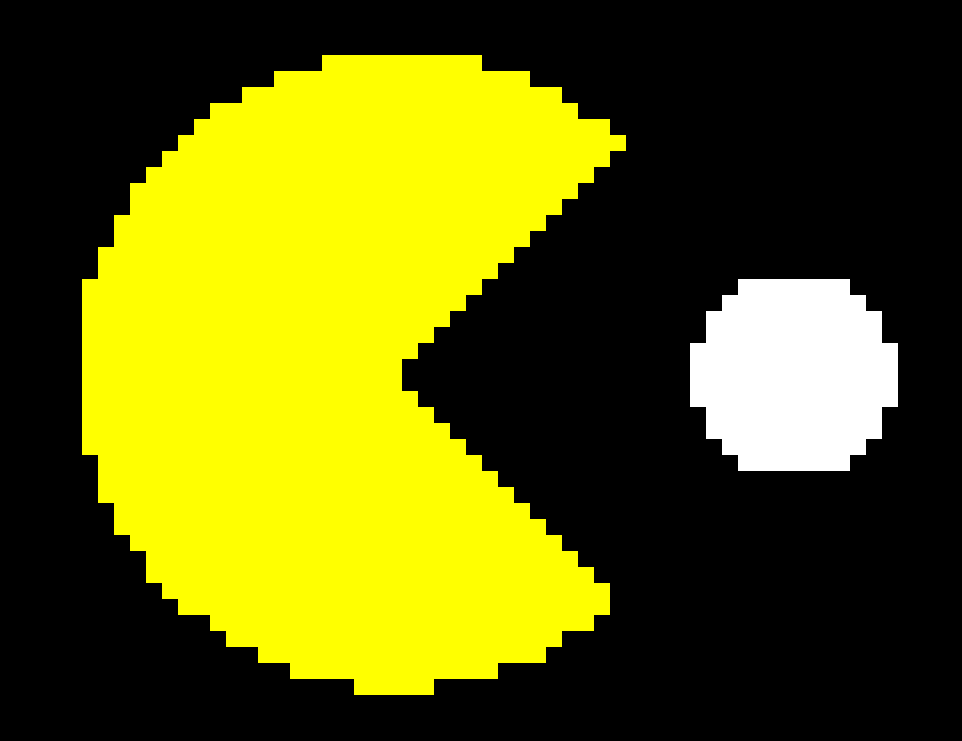WORKSHOP IN BERLIN: 10-11 May, 2024.
Regenbogenfabrik, Lausitzer Str. 21a, Berlin.

Both traditional games and games that take place in virtual environments rely on play states designed around their perceptual features. This is apparent by the fact that they prominently rely on phenomenal spatial structures, but also by a variety of perceptual roles that enter into elements like storytelling, sound, kinesthetic feedback and immersive design.
How should we understand the character of perception in games and virtual environments? While normal perception registers ordinary perceptual properties, players perceive objects and properties imposed by images, rules, symbols and ludic context. In the perception of virtual worlds, users are not perceiving ordinary objects, but rather images and symbols designed to instil imagination and to convey semantic contents. In traditional games the players perceive objects and properties determined by rules and play.
This workshop follows up a seminar held in Athens 2022 with a view to develop the discussions on these issues. Among the questions we wish to explore are:
- Is perception in virtual worlds veridical? Is it appropriate to talk of perception in virtual worlds?
- Do we perceive game properties?
- How should we understand subjectivity and perception mediated by avatars?
- How do cultural and ideological frames shape perceptual experience?
- How does the reality status of objects and properties affect the characterization of perceptual content?
- What are the phenomenal characteristics of gaming experiences?
- How is narrative, fictional worlds and gaming structured around perceptual states?
- How is imagination, make-believe and fantasy related to perception in games?
- How are perceptual schema like space, time, objecthood and modality utilized in gaming?
- What is the relationship between inference and perceptual content in games?
- How do we perceive affordances in games?
- Can the perceptual content of games be analyzed as “seeing as”?
- What are the phenomenal characteristics of perceptual experiences that are distinctive to ludic environments?
- How should we characterize the consciousness that accompanies perception of games and virtual environments?
Contributions from different scholarly approaches are welcome, such as game studies, cognitive science, enactivist perception theory, phenomenology, fiction theory, media philosophy, and classic philosophies of perception.
Please submit an abstract (max 1000 characters) in this form: https://forms.gle/3fc8uDEQw8GJwfxy5 and send a copy to perceptioningames@gmail.com by April 11. We welcome both full papers and more conjectural presentations. We highly appreciate presentations that can be submitted as papers to the Journal of the Philosophy of Games, but the participants are free to publish their work where they want. There will be a small fee (ca 40 euro) to cover rent for the seminar room.
Program committee:
Anita Leirfall, Department of Philosophy, University of Bergen, Norway
John R. Sageng, Game Philosophy Network, Norway
Stephan Günzel, University of Europe for Applied Sciences, Germany
Jussi Holopainen, City University of Hong Kong, Hong Kong
Olli Tapio Leino, City University of Hong Kong, Hong Kong
Zuzanna Rucinska, University of Antwerp, Belgium



 Prof. Stefano Gualeni, well known contributor to the game philosophy community (Institute of Digital Games, University of Malta) just released a
Prof. Stefano Gualeni, well known contributor to the game philosophy community (Institute of Digital Games, University of Malta) just released a As an example that hopefully resonates with game scholars, it might be useful to refer to the many fictional games that are featured in the novella. Fictional games are playful activities and ludic artefacts that are encountered exclusively in works of fiction, and whose uncommon qualities serve a number of interesting functions within the work of which they are part (see Gualeni & Fassone, 2022). Some of these functions relate to the fictional context in which the novella takes place, adding detail to the fictional world and contributing to the indirect characterization of the protagonists. Some other fictional games are less oriented on the narrative, and instead serve speculative and more broadly philosophical purposes. This second kind of fictional games invite the readers to infer the ideologies that are at work in certain scenarios or to think along their implausible and often uncanny rules and behaviours.
As an example that hopefully resonates with game scholars, it might be useful to refer to the many fictional games that are featured in the novella. Fictional games are playful activities and ludic artefacts that are encountered exclusively in works of fiction, and whose uncommon qualities serve a number of interesting functions within the work of which they are part (see Gualeni & Fassone, 2022). Some of these functions relate to the fictional context in which the novella takes place, adding detail to the fictional world and contributing to the indirect characterization of the protagonists. Some other fictional games are less oriented on the narrative, and instead serve speculative and more broadly philosophical purposes. This second kind of fictional games invite the readers to infer the ideologies that are at work in certain scenarios or to think along their implausible and often uncanny rules and behaviours. each of the fictional game in the novella with frequent references to academic literature concerning games in fiction, philosophical games, and fictional games in particular. It should now be clear that the essayistic part of the book takes a detached, analytical approach to the same philosophical themes treated in the narrative part, explicitly articulating broader and more general perspectives on themes such as the philosophical uses of games within fiction.
each of the fictional game in the novella with frequent references to academic literature concerning games in fiction, philosophical games, and fictional games in particular. It should now be clear that the essayistic part of the book takes a detached, analytical approach to the same philosophical themes treated in the narrative part, explicitly articulating broader and more general perspectives on themes such as the philosophical uses of games within fiction.
 The IT University of Copenhagen and its Nordic partners call for papers and student presentations for a workshop on the philosophy of games to be held at the IT University, Copenhagen, Denmark, 29-30.08.2023
The IT University of Copenhagen and its Nordic partners call for papers and student presentations for a workshop on the philosophy of games to be held at the IT University, Copenhagen, Denmark, 29-30.08.2023 The Department of Information Science and Media Studies at the University of Bergen and its Nordic partners call for papers and student presentations for a workshop on the philosophy of games to be held at the alternative culture site Regenbogenfabrik in Berlin, Germany, 19-20 May 2023.
The Department of Information Science and Media Studies at the University of Bergen and its Nordic partners call for papers and student presentations for a workshop on the philosophy of games to be held at the alternative culture site Regenbogenfabrik in Berlin, Germany, 19-20 May 2023.